#Boris Strugatskiy
Explore tagged Tumblr posts
Text
youtube
Ephemera delves on the Chernobyl exclusion zone, GSC's S.T.A.L.K.E.R. game series, Tarkovsky's Stalker and Arkady and Boris Strugatsky's Piknik na obochine (Roadside picnic)
#video essay#ephemera#ukraine#stalker#andrei tarkovsky#chernobyl#s.t.a.l.k.e.r.#gsc game world#tarkovsky#arkady strugatsky#boris strugatsky#scifi#strugatsky brothers#literature#cinema#videogames#arkadiy strugatskiy#boris strugatskiy#Youtube
41 notes
·
View notes
Text
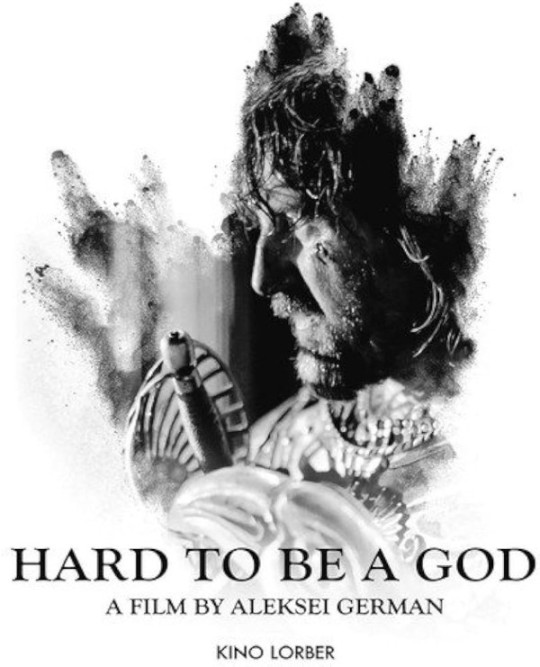

Currently Watching
HARD TO BE A GOD Aleksey German Russia, 2013
#watching#Aleksey German#rkadiy Strugatskiy#Boris Strugatskiy#Russian films#2013#science fiction films
3 notes
·
View notes
Photo
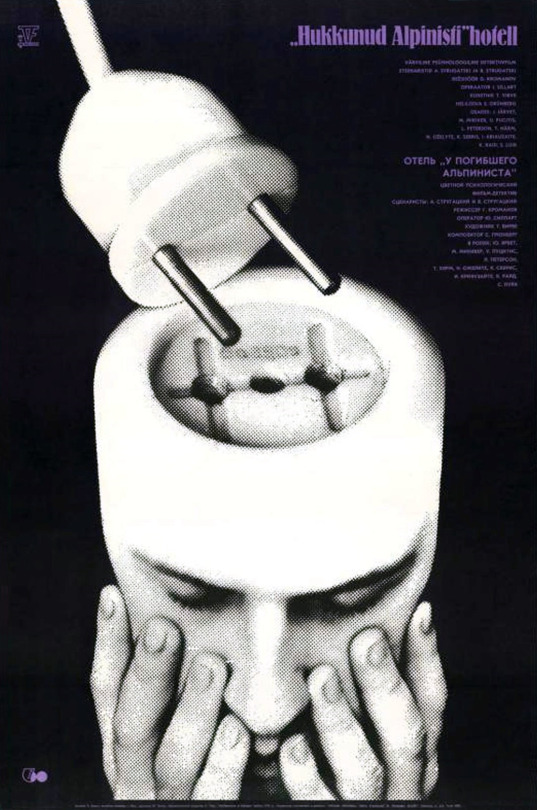
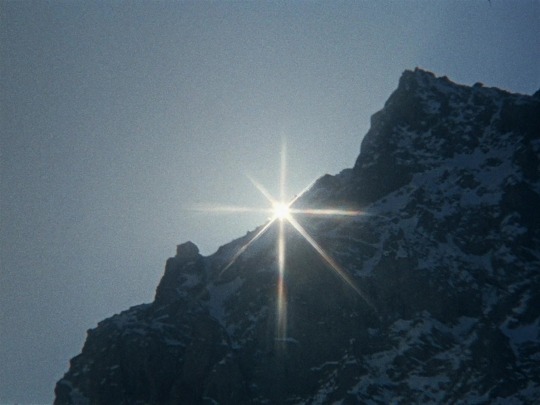
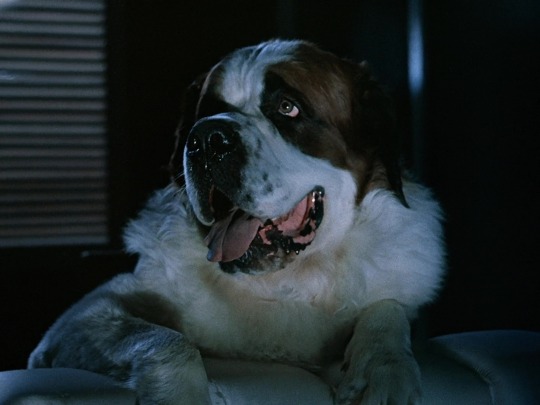
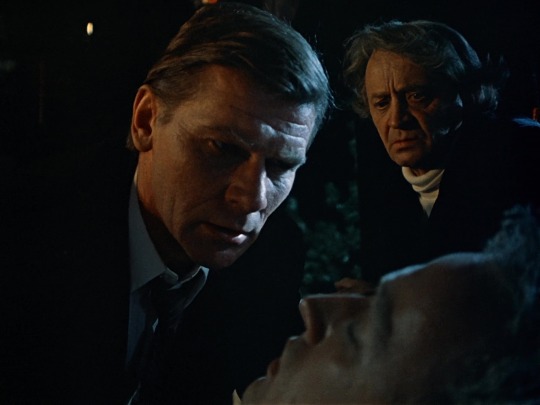
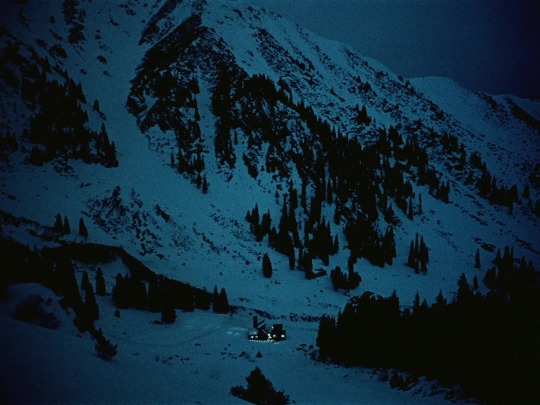
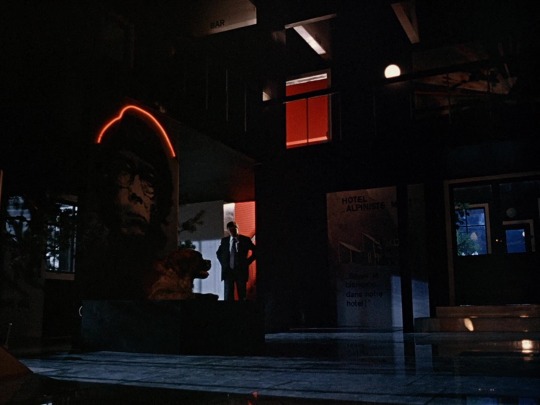
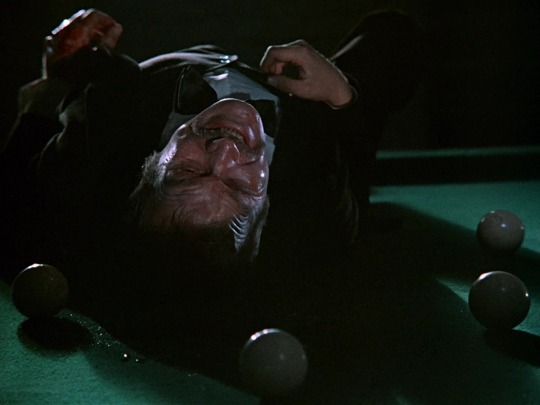
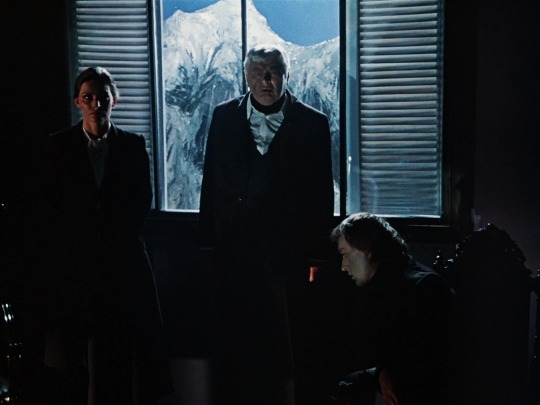
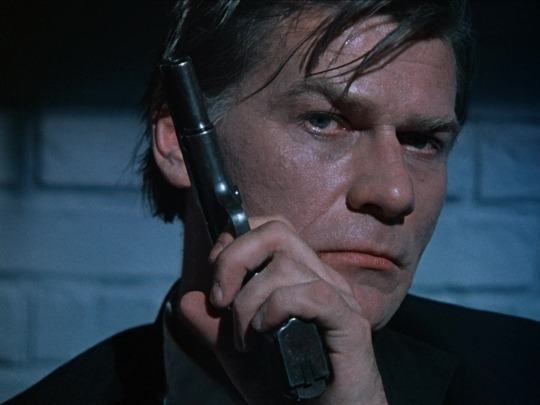
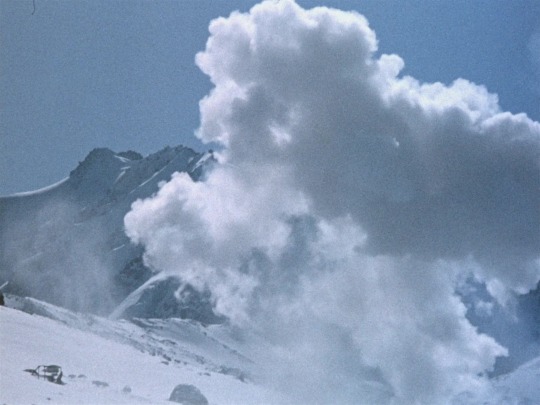
Dead Mountaineer’s Hotel / 'Hukkunud Alpinisti' hotell (1979, Grigori Kromanov)
2/8/23
#Dead Mountaineer's Hotel#'Hukkunud Alpinisti' hotell#Grigori Kromanov#Uldis Pucitis#Juri Jarvet#Karlis Sebris#Tiit Harm#Boris Strugatskiy#70s#Estonian#Soviet#crime#science fiction#whodunit#mystery#surreal#murder#detective#neo-noir#mountains#Alps#hotel#aliens#avalanche#snow#winter#investigation#conspiracy#androids#cults
6 notes
·
View notes
Photo

Let them believe in themselves. Let them be helpless like children, because weakness is a great thing, and strength is nothing. When a man is just born, he is weak and flexible. When he dies, he is hard and insensitive. When a tree is growing, it's tender and pliant. But when it's dry and hard, it dies. Hardness and strength are death's companions. Pliancy and weakness are expressions of the freshness of being. Because what has hardened will never win.
Stalker, Andrei Tarkovsky (1979)
#Andrei Tarkovsky#Arkadiy Strugatskiy#Boris Strugatskiy#Aleksandr Kaydanovskiy#Anatoliy Solonitsyn#Nikolay Grinko#Alisa Freyndlikh#Natalya Abramova#Faime Jurno#E. Kostin#Raymo Rendi#Aleksandr Knyazhinskiy#Eduard Artemev#Lyudmila Feyginova#1979
3 notes
·
View notes
Photo
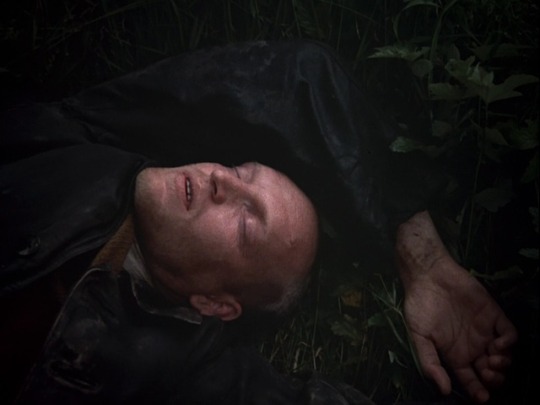
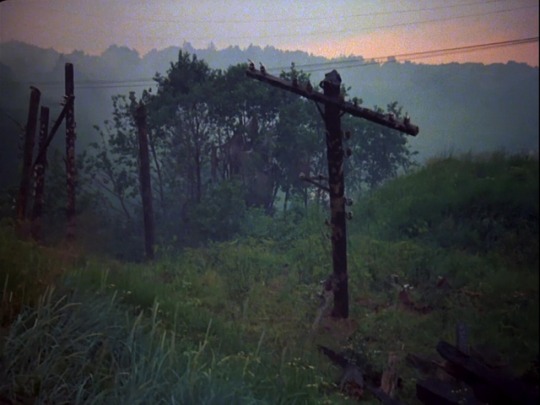
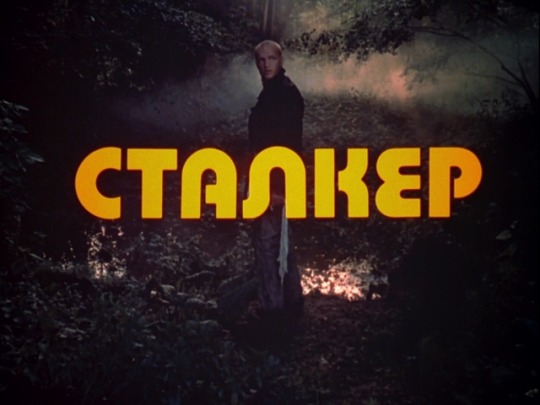
Stalker - Andrei Tarkovsky (1979)
#stalker#tarkovsky#andrei tarkovsky#andrey tarkovsky#film#cinema#urss#Arkadiy Strugatskiy#Boris Strugatskiy#Aleksandr Kaydanovskiy#soviet union#soviet#russian#movie#filme#nature#wild#lilya4evrr#stalker tarkovsky#stalker andrei tarkovsky
7 notes
·
View notes
Photo
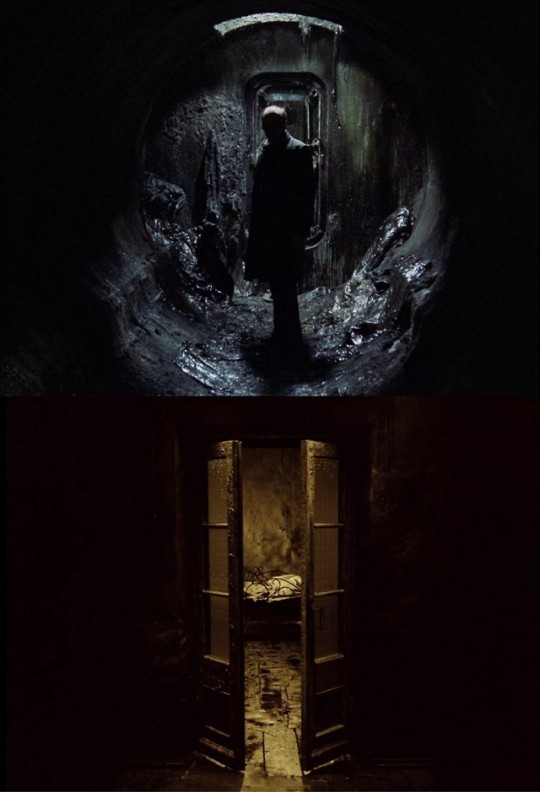
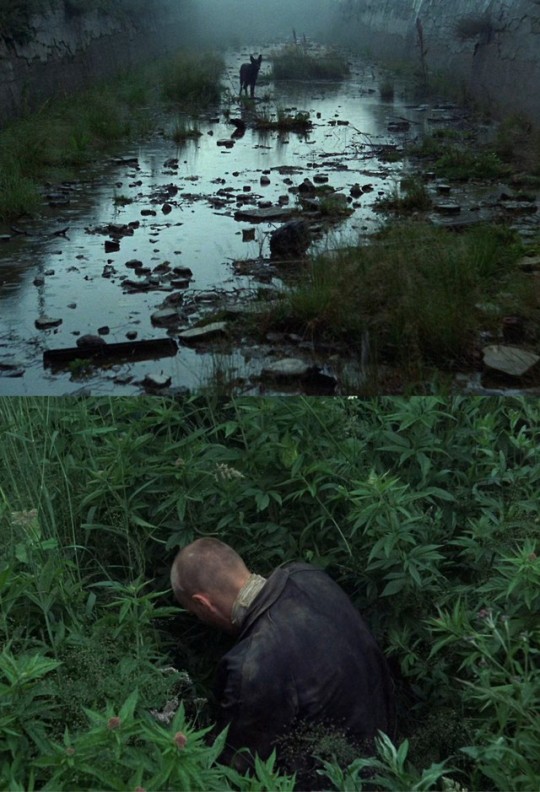
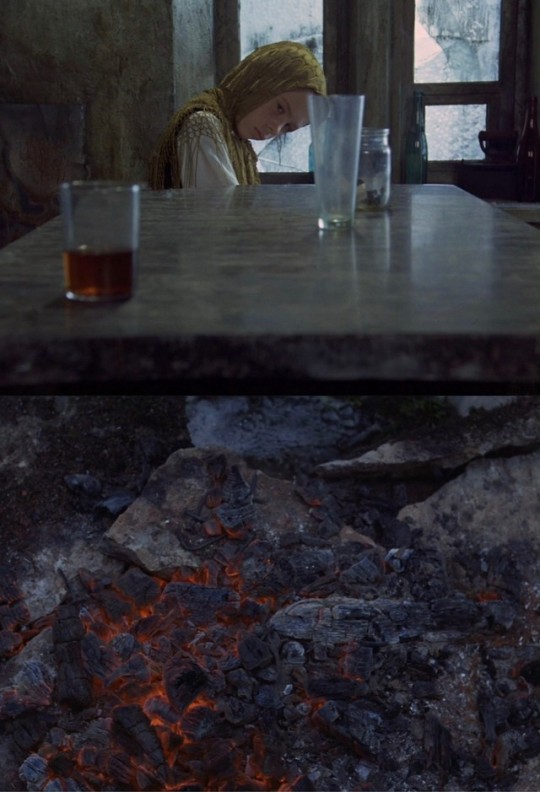
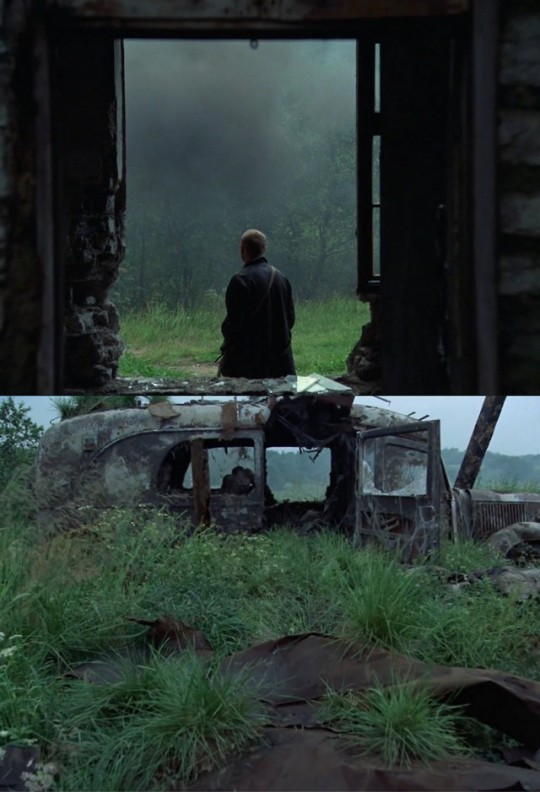

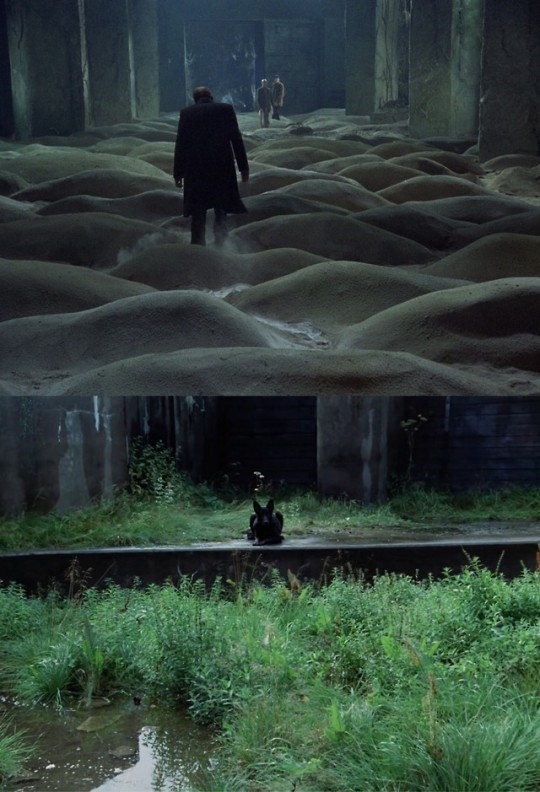
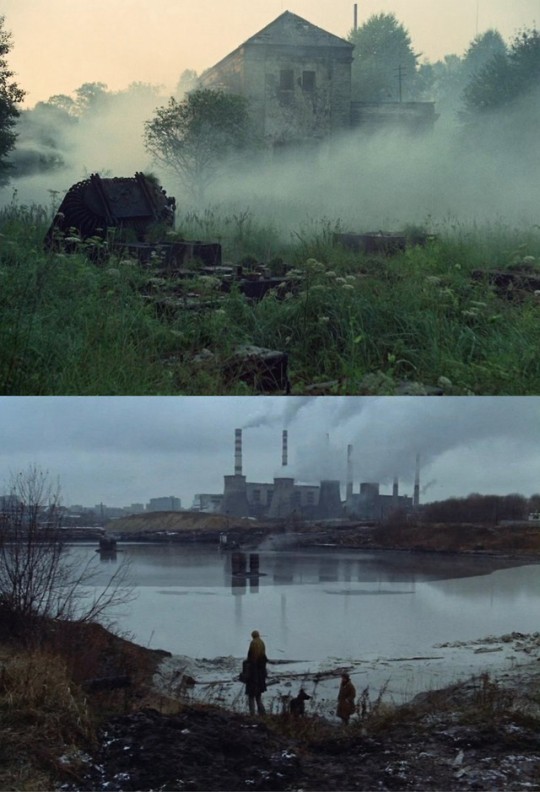

Stalker, directed by Andrei Tarkovsky, screenplay by Andrei Tarkovsky, Arkadiy Strugatskiy, and Boris Strugatskiy, cinematography by Aleksandr Knyazhinskiy, Georgi Rerberg, and Leonid Kalashnikov, and edit by Lyudmila Feyginova.
264 notes
·
View notes
Photo
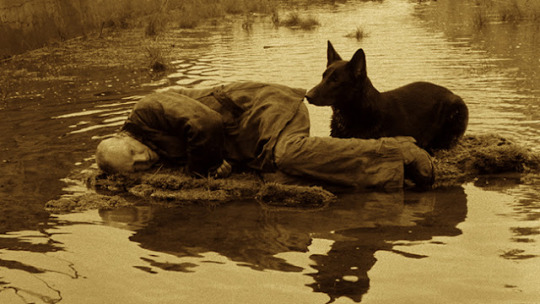
Aleksandr Kaidanovsky in Stalker (Andrei Tarkovsky, 1979) Cast: Aleksandr Kaidanovsky, Anatoliy Solonitsyn, Nikolay Grinko, Alisa Freindlich, Natasha Abramova, Fame Jurno, E. Kostin, Raymo Rendi. Screenplay: Arkadiy Strugatskiy, Boris Strugatskiy, based on their novel. Cinematography: Aleksandr Knyazhinskiy, Georgi Rerberg. Production design: Aleksandr Boym, Andrei Tarkovsky. Film editing: Lyudmila Feyginova. Music: Eduard Artemev.
Andrei Tarkovsky's dystopian fantasy has something of the flavor of a Russian folk tale. The archetypes are there: the perilous quest, the trio of seekers, the anagnorisis, the catharsis, the disillusioned return. The title character, splendidly played by Aleksandr Kaidanovsky, is not a "stalker" in the current sexual sense but rather a man who guides others into the Zone, a mysterious area cordoned off from the rest of the world by the military. In the Zone, the Stalker says, is a Room that fulfills each person's secret desires. The men he guides in the film are a cynical Writer (Anatoliy Solonitsyn) and an ambitious Professor (Nikolay Grinko) -- archetypes of art and science, who throughout their journey make the cases for their respective world-views. The film begins in monochrome -- sometimes stark black-and-white, sometimes a bilious orange -- in the Stalker's bedroom, where he shares a bed with his wife (Alisa Freindlich) and his young daughter, whom they call Monkey (Natasha Abramova). Before he leaves to meet the Writer and Professor, the wife chides him for taking on another dangerous mission. To get to the Zone, they have to pass through a heavily guarded section, and when they reach it, the film turns to color. But the Zone is no Oz, despite the obvious allusion. It is distinguished from the bleak industrial outside world by an abundance of vegetation that covers not only ruins of a former industrial society but also the tanks, weaponry, and corpses of the military that tried to invade and conquer it. The Zone is also magical, continually frustrating attempts to move through it and reach the Room, but the Stalker has learned how to anticipate and avoid its tricks. He says that as a Stalker he is forbidden to enter the Room, but the truth is that he knows the fate of an earlier Stalker, called Porcupine, who did enter it. Tarkovsky's usual long takes demand actors of considerable skill, and all of the company possess it. Although Freindlich's role as the wife is a smaller one, since she doesn't accompany them on the journey, she has a compelling scene at the film's end that's a master class in how to deliver a monologue. The shoot was a legendarily troubled one, since the locations were actual badly polluted industrial ruins, and many of the crew grew ill from the toxins in the abandoned chemical plant -- there are those who claim that the deaths from lung cancer of Tarkovsky, his wife, Larisa, who was a second-unit director, and Solonitsyn were a result of exposure to chemicals during the filming of Stalker. In fact, much of the film was shot at least twice, after cinematographer Georgi Rerberg was fired and replaced with Aleksandr Knyazhinsky, doubling the exposure of many of the cast and crew. Backstory aside, Stalker is a fascinating glimpse into Tarkovsky's mind and milieu.
1 note
·
View note
Text
New Post has been published on Harold Gross: The 5a.m. Critic
New Post has been published on http://literaryends.com/hgblog/hard-to-be-a-god-trudno-byt-bogom/
Hard to Be a God (Trudno byt bogom)
[2.5 stars]
There’s nothing quite like a 90 minute tale told in 180 minutes. And while that’s probably a bit too quippy, it is certainly the effect this Russian sci-fi had on me by the end. That and a lingering sense of nausea from the wealth of filth and bodily fluids being bandied about.
But Aleksey German’s final film has an ethereal and hypnotic quality to it. The camera work is glorious and simply floats along. It is in black & white, but filmed with ability and care. And the camera has its own presence in the story as well, though it never really seems to be for a reason.
The tale, set up at the top, is that a group of scientists have landed on a planet similar to Earth but about 800 years behind in development and where the Renaissance never took place. It’s a grim and awful world indeed. One of the scientists has set himself up as the son of a local god. And that’s about all the story you get. The rest is mayhem and casual violence and abuse. It is a long tale that has multiple interpretations, I’m sure, but the one that is loud and clear is that god doesn’t exist and the awfulness that we have in the world is of our own making…and even if god existed they couldn’t prevent man from screwing it up. (Don’t try to parse the paradox that, in theory, god made man as he is.) Oh, yes, and Jazz is an acquired taste (which is as close to humor that the movie gets). It didn’t need 3 hours to make all that clear.
And while German and his wife adapted the classic novel by Arkadiy Strugatskiy and Boris Strugatskiy, my understanding is that it is a rather loose interpretation on the order that Jodorowski or Fellini might do. Whether you want to dive into this or not is really up to you. There is something in it that kept me going for the full run, but I can’t rightly say I enjoyed it or that it left me surprised or shocked or enlightened. I simply went for the ride and came out the other side wondering how I might have better spent my time as a shorter version of the story was not on offer.
0 notes
Quote
And there was a great earthquake. And the sun became black as sackcloth made of hair. And the moon became like blood... And the stars of the sky fell to the earth, as a fig tree casts its unripe figs when shaken by a great wind. And the sky was split apart like a scroll when it is rolled up. And every mountain and island were moved out of their places. And the kings of the earth and the great men and the rich and the chiliarchs and the strong and every free man, hid themselves in the caves and among the rocks of the mountains; and they said to the mountains and to the rocks, "Fall on us and hide us from the presence of Him who sits on the throne, and from the wrath of the Lamb, for the great day of His wrath has come, and who is able to stand?"
Сталкер, tr. ‘Stalker’, (1979), written by Andrei Tarkovsky, Boris Strugatskiy & Arkadiy Strugatskiy, directed by Andrei Tarkovsky
3 notes
·
View notes
Photo
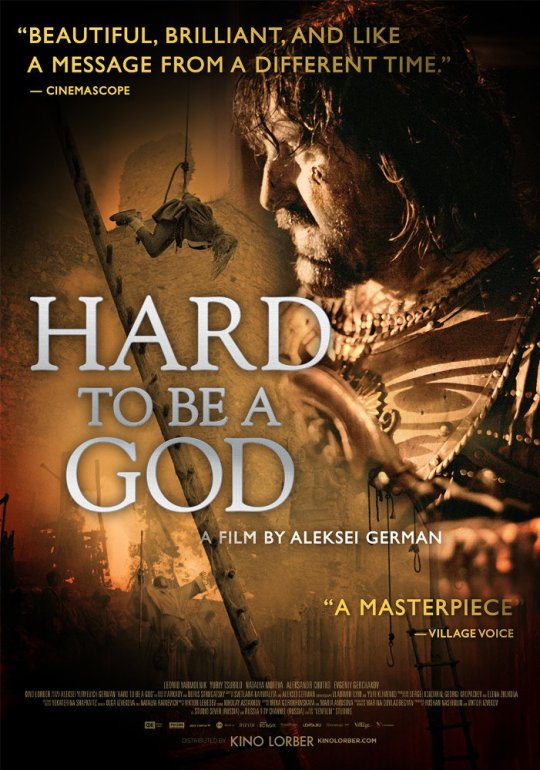
0 notes
Photo










Stalker (Andréi Tarkovski, 1979).
#stalker#andréi tarkovski#arkadiy strugatskiy#boris strugatskiy#piknik na obochine#andrei tarkovsky#andrey tarkovskiy#aleksandra demidova#aleksandr knyazhinsky#georgi rerberg#leonid kalashnikov#lyudmila feyginova#rashit safiullin#nelli fomina#shavkat abdusalamov#diego salgado#sesiondemadrugada#sesión de madrugada
2K notes
·
View notes
Quote
I love your eyes, my darling friend, Their play so passionate and brightening, When a sudden stare up you send, And like a heaven-blown lightning, It'd take in all from end to end, But there's more that I admire: Your eyes when they're downcast, In bursts of love-inspired fire, And through the eyelash goes fast, A sombre, dull call of desire...
Сталкер, tr. ‘Stalker’, (1979), written by Andrei Tarkovsky, Boris Strugatskiy & Arkadiy Strugatskiy, directed by Andrei Tarkovsky
2 notes
·
View notes
Video
youtube
Hard to Be a God (2015)
A group of scientists visits the distant planet Arkanar, and discovers a society still trapped in its own medieval era. Unable to interfere with the course of its history, they can only watch in mounting horror as all sparks of intelligent and independent thought are mercilessly snuffed out by Arkanar’s cruel rulers. Will they remain enmired in their squalid existence for ever, or can the visitors subtly nudge the more open-minded in the right direction? Truly, it’s hard to be a god.
Legendary Russian sci-fi authors Arkady and Boris Strugatsky (whose Roadside Picnic was filmed as Stalker by Andrei Tarkovsky) wrote the source novel, and adapting it was director Aleksei German’s dream project for decades. It would take six years of shooting, a further six of post-production and a posthumous premiere before his masterpiece was finally unveiled.
But masterpiece it is: a visually astonishing, almost tactile recreation of an unnervingly recognisable alternative universe, drenched in blood, mud and the tears of the oppressed.
0 notes